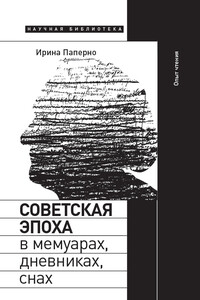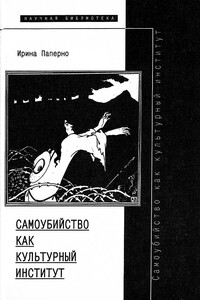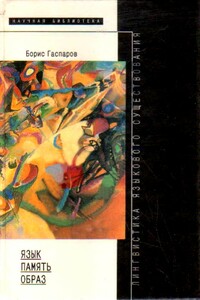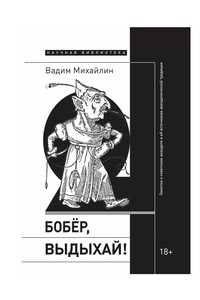The article is going to demonstrate that Varlam Shalamov who in the 1920s had been active on the periphery of New LEF and later dropped out of the literary process due to reasons beyond his control, used the concept of the «literature of fact» to assign meanings to and to assimilate the prison camp environment which (according to Shalamov) existed outside human experience. Shalamov turned an authorial viewpoint into a part of his material and made reproduction of experience his central organisational principle. The paper also discusses some theoretical and literary consequences of that experiment.
Balázs Trencsényi (Budapest, Central European University). «Revolt Against History: National Characterologies in East Central Europe in the Interwar Period». While conservatives in the nineteenth century advocated a political, social and institutional continuity with the pre-modern structures, after WWI the conservative agenda came to be entrenched in the feeling of rupture and the need of restoring the lost tradition with radical means. Having a powerful impact all over Europe, Conservative Revolution in East Central Europe led to the formation of a new discourse of national characterology, seeking to challenge the hierarchy based on the «superiority» of Western Europe and the «derivative nature» of Eastern European civilization. Following the Romanian, Bulgarian and Hungarian debates, the study seeks to unveil the relationship of the patterns of historical representation and the growing infatuation with «national essence» that came to dominate East Central Europe in the interwar period.
Laurent Thévenot (Paris, EHESS, Institut National de la Statistique et des Etudes Economiques). «Upside down: French May 68 turning community and personality head over heels». French May 68 was a remarkable occasion to relaunch, experience and learn critical activities. Here, we concentrate on the intense and creative elaboration of words and images which display the significant and emotional core of what was felt as a profound subversive trial. We first consider the critique or reactivation of the different «orders of worth» and bring light on the various notions of hierarchy involved. We then turn to the reappraisal of the different «regimes of engagements» of the person with the world and with others, from the most public ones to the closest ones. The simplistic reduction of May 68 to «individualization» is thus questioned.
Oleksandr Grytsenko (Kyiv, Ukrainian center of cultural research). «Rhetoric of Justice vs. rhetoric of Stability: post-revolutionary changes in value orders and cultural identities (The case of Ukraine)». The article deals with ongoing changes in national and regional cultural identities in contemporary Ukraine as well as political implications of these changes as manifested through current rivalries between Ukraine’s two leading political forces and their leaders, namely, Yulia Tymoshenko’s BYUT and Viktor Yanukovych’s Party of Regions.
Traditionally, Ukraine’s political scene has been seen as a dichotomy of pro-Western, pro-democracy forces based on the western part of the nation (Ukrainian-speaking, national-democratic and arguably ‘more European’), and pro-Russian forces based on its eastern and southern parts (Russian-speaking and Soviet-nostalgic).
The post-revolutionary years, however, revealed the limits of these cultural-political explanations and related strategies. Ukrainian politicians have begun to look elsewhere for convincing alternatives capable of constructing an imagined community broader than those based on the East/West dichotomy. Their efforts resulted in two political strategies promoted by the above-mentioned political forces (which can be labeled, respectively, ‘defense of stability’ and ‘struggle for justice’). Societal preconditions for both strategies, their main messages, their target audiences, and values embodied are reviewed here in detail.
The article also analyses two quite different tactics of political image-building represented in the






